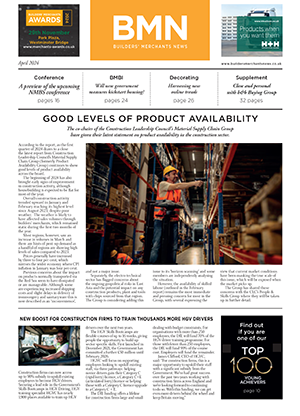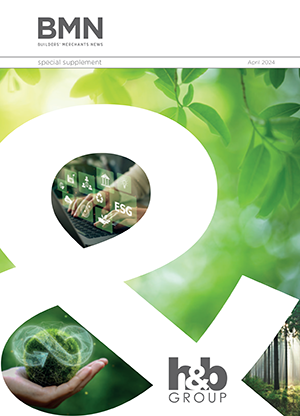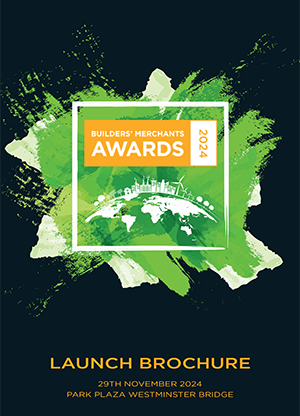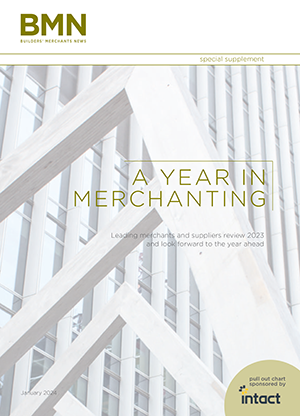Sustainability is now a key part of our industry. It’s a commercially driven issue that recognises two key factors: sustainable building is increasingly cost-effective in the long run, and consumers and clients are placing more and more value on low-carbon, efficient construction. And that’s to say nothing of the actual environmental benefits.
But, in some cases, we’re failing to make the most of the credentials that are built into our products. Our industry already operates supply chain traceability and chain-of-custody stewardship that other retail sectors would envy.
The way a product is manufactured, packaged, transported and disposed of has a significant impact on its overall environmental performance. Understanding and communicating these less obvious attributes is a real commercial opportunity for merchants. Our industry is placing greater scrutiny on the ‘lifetime’ performance of buildings and products and, as a result, being able to guide customers on the care taken in sourcing products is becoming increasingly important.
Responsible sourcing
Overall, the ambition remains to build in ways that keep the impact on the environment to an absolute minimum throughout the entire lifecycle of a product. But there are specific criteria that have been created to formally recognise products that have been developed and sourced responsibly.
BRE Global launched the responsible sourcing standard BES 6001 in 2009 and the accreditation has been steadily gaining prominence ever since. It’s a standardised rating system that applies to any type of construction product, making them easily verifiable as having been produced and delivered responsibly.
To achieve responsible sourcing status, a supplier must demonstrate compliance in three categories: managing its supply chain, organisational management, and environmental and social issues, including recycling, transportation, emissions and minimising use of raw materials.
Responsible sourcing has become more and more important over recent years. The Olympics were arguably a watershed in calling for a robust, transparent supply chain from material extraction to construction. Since then, responsible sourcing has grown from being a well-established yet niche issue for forest products, to being a broader concern for the industry.
Advantages for merchants
More and more products are now accredited as responsibly sourced, and there are clear benefits to merchants for stocking them and, moreover, being able to advise customers on them.
For example, BES 6001 accredited products attract credits under both BREEAM and the Code for Sustainable Homes – both of which retain their importance as public and private sector clients demand the highest standards.
On a more basic level, the certification is a simple way of providing proven credentials to clients seeking products with good environmental performance. Beyond the benefits of doing this on a project-by-project basis, advising on responsible sourcing also reaffirms the value merchants provide in their role as a talking shop and source of expertise within the industry.
Finally, the rating can help merchants to prove their own environmental performance. As such, stocking BES 6001 accredited products will assist merchants with showing sustainable practice, without any cost implications, just by creating a more environmentally friendly inventory.
There are benefits across the board. The key is to work closely with suppliers so you can vouch for the providence of your stock, and sell the benefits on to customers.
Steve Hemmings is head of environment, health and safety and sustainability at Siniat.







